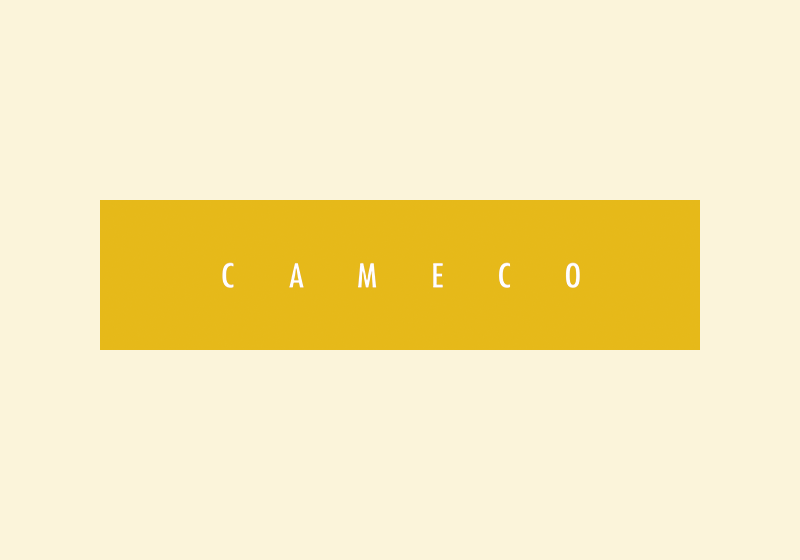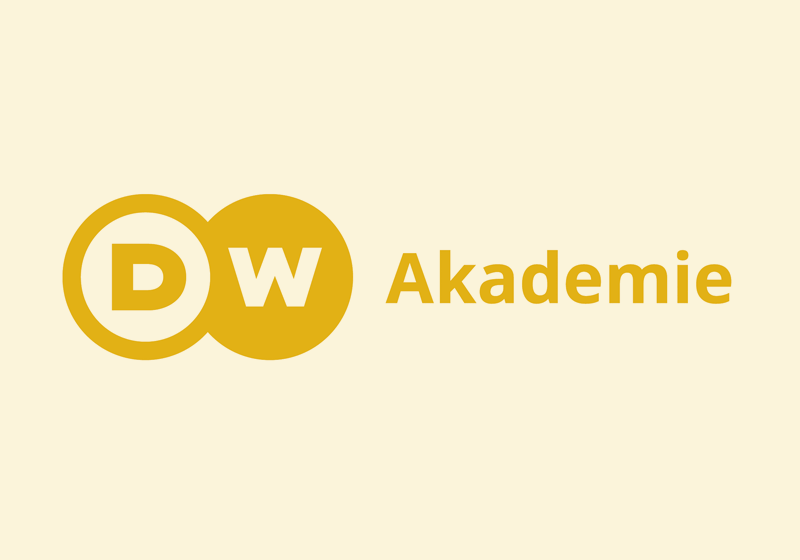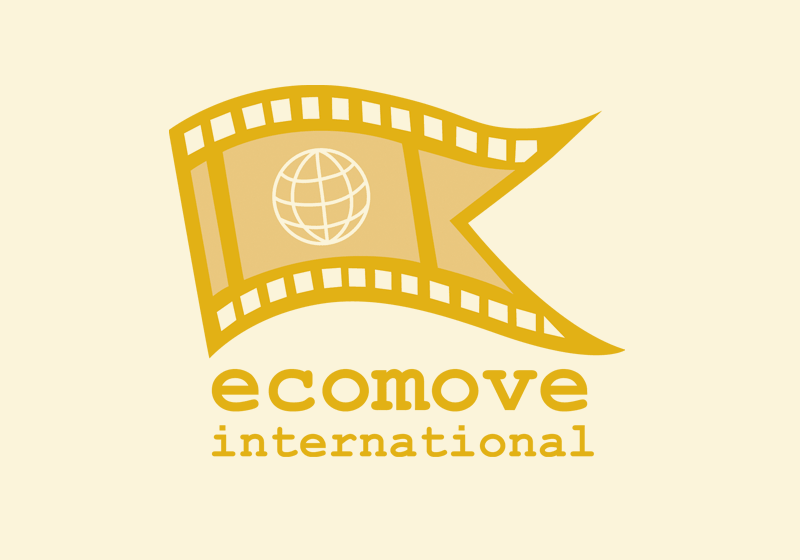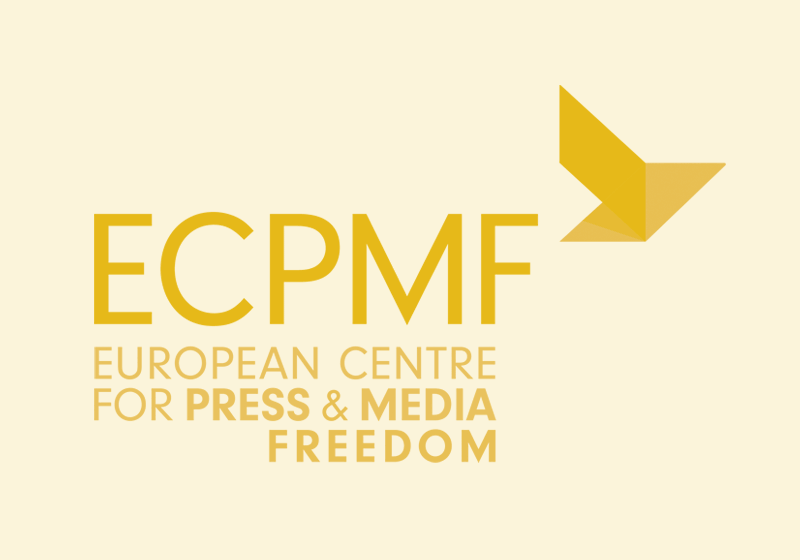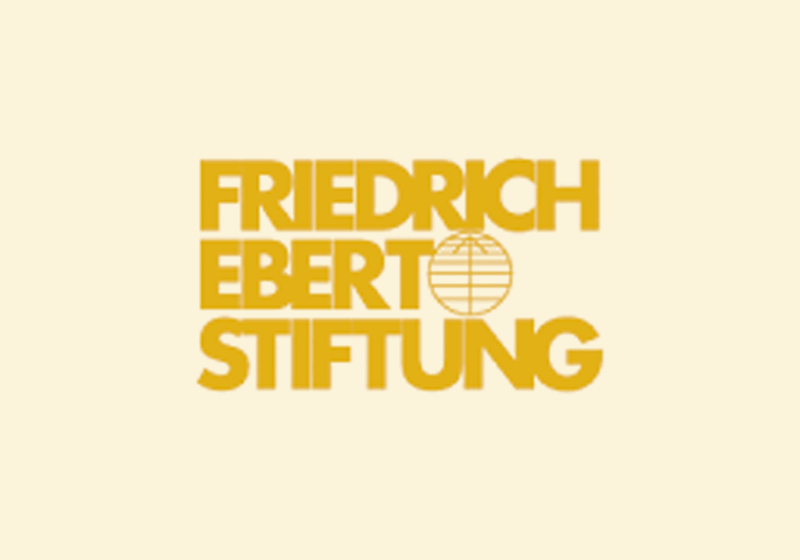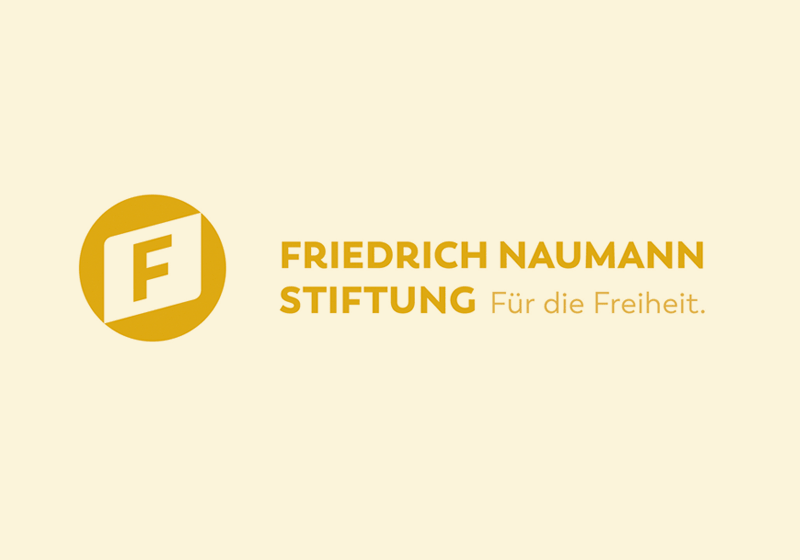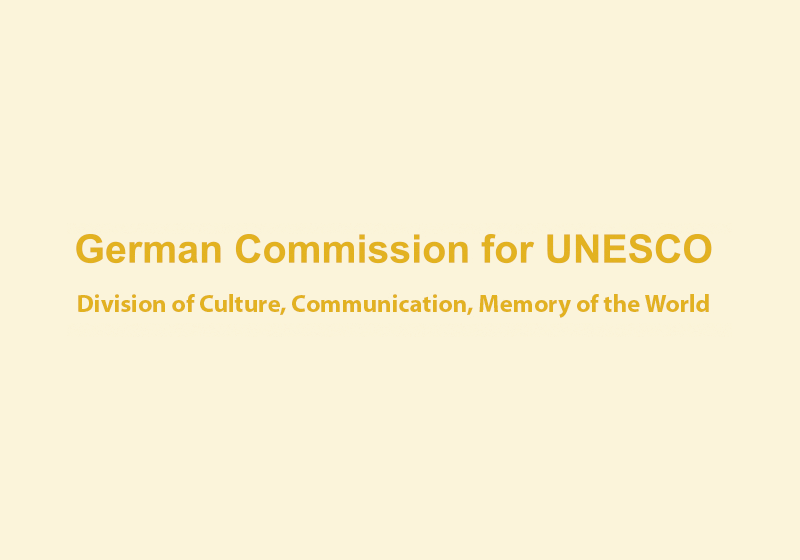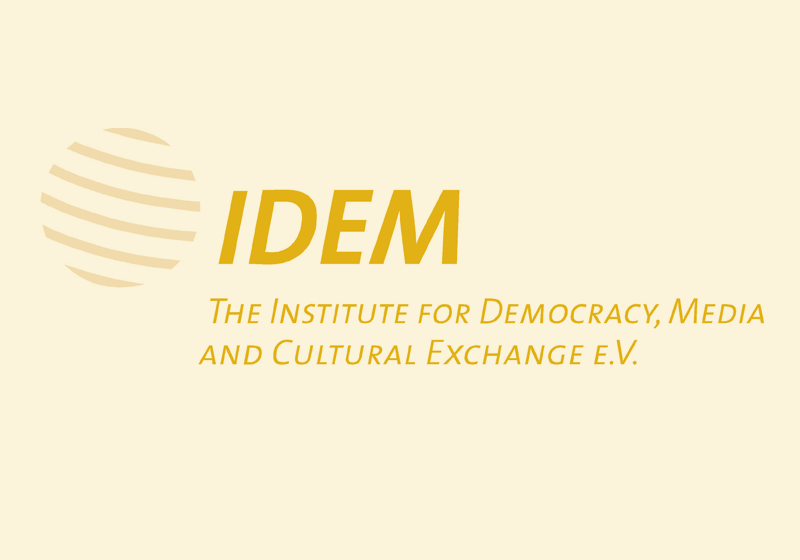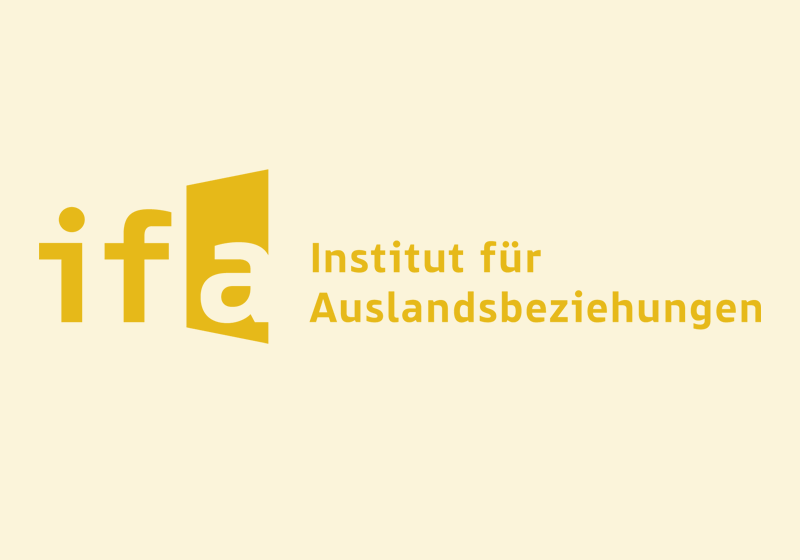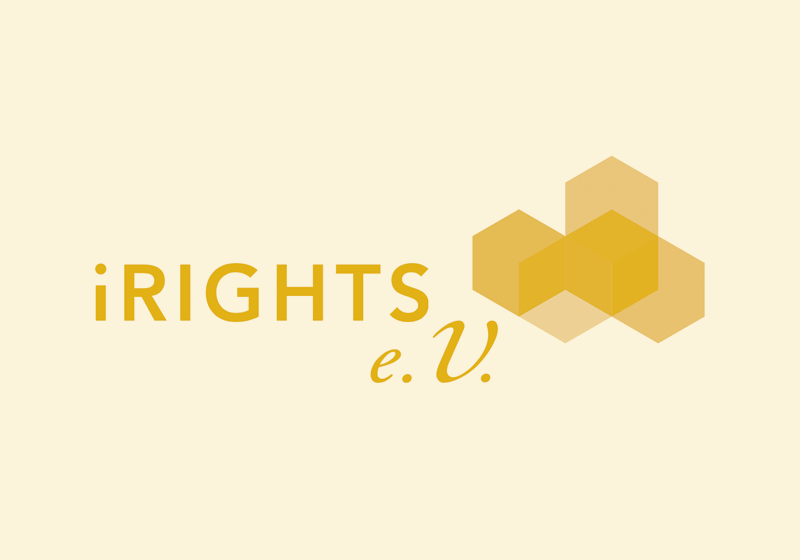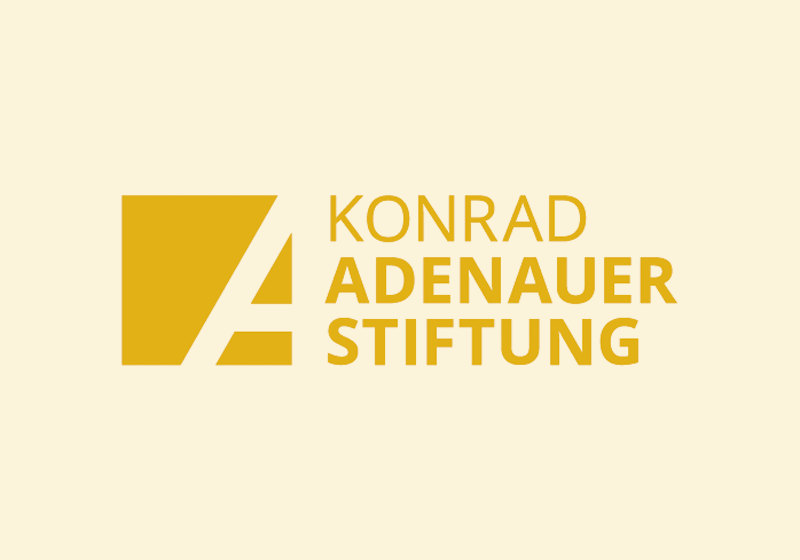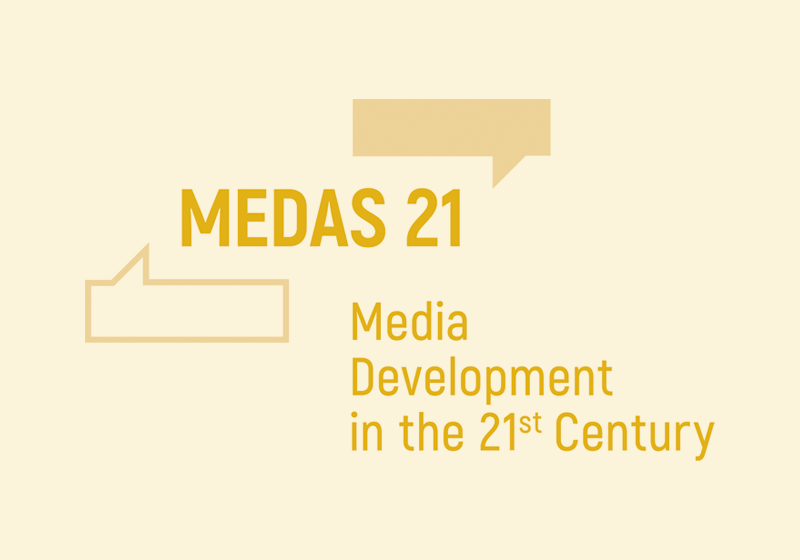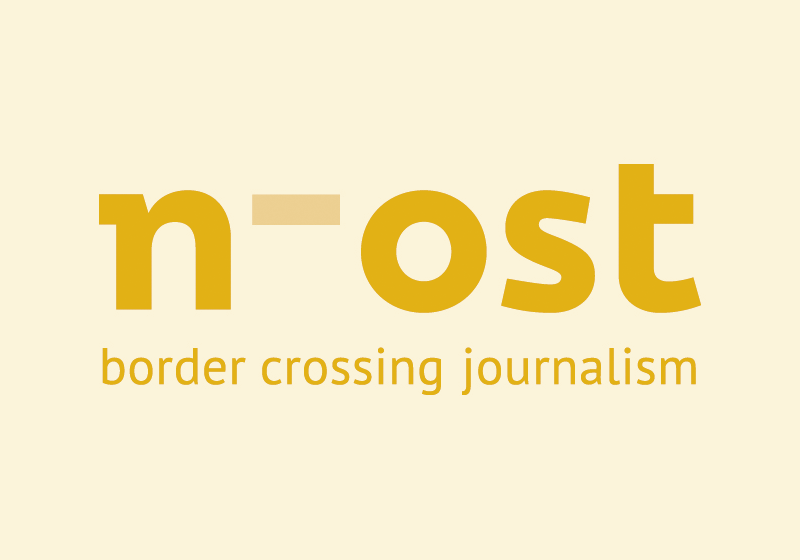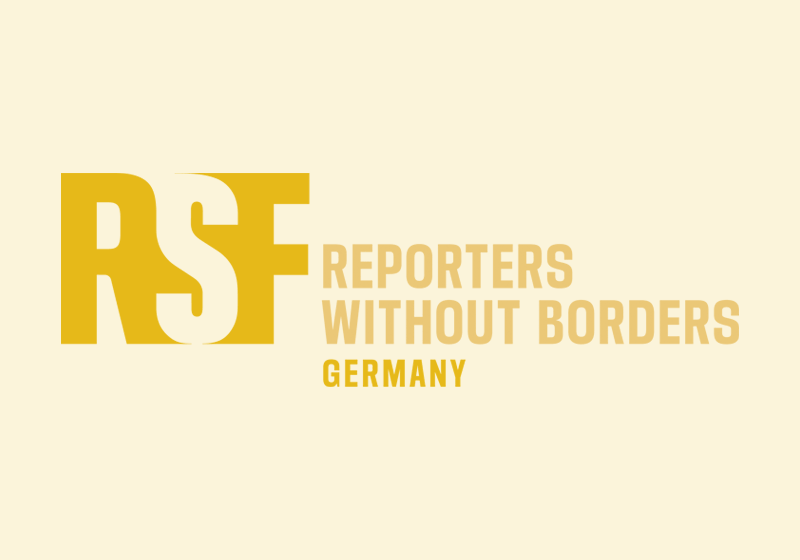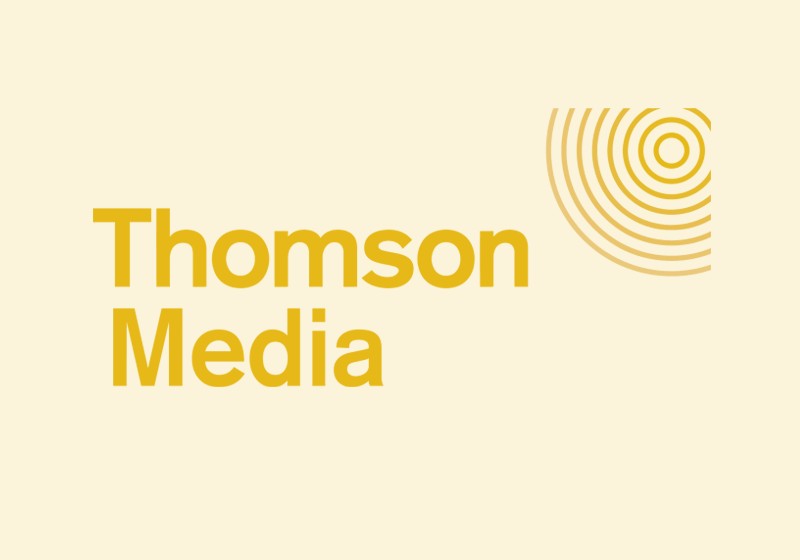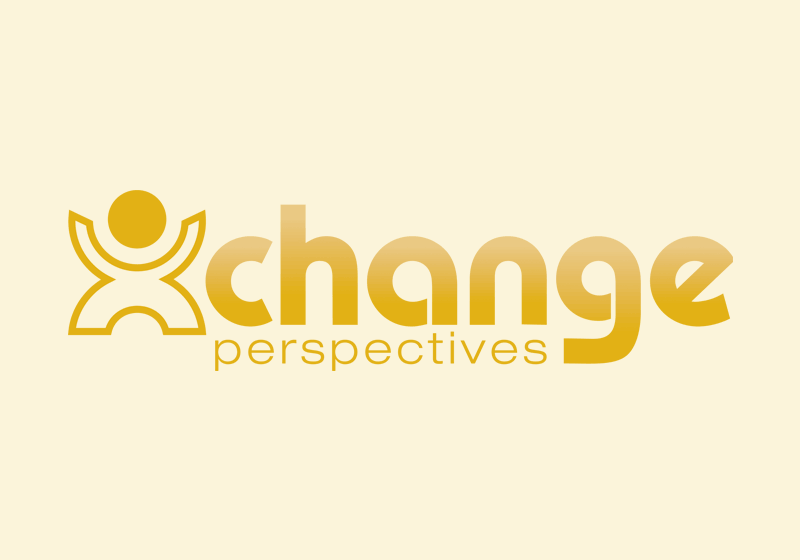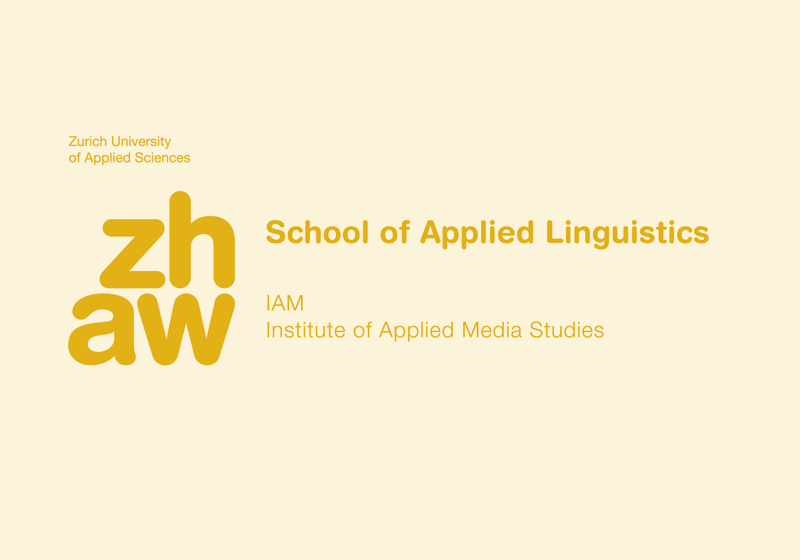Speakers
organised by iRights.international, hosted by Konrad-Adenauer-Stiftung
Erik Albrecht 
Freelance journalist and researcher
Erik Albrecht is a freelance journalist and researcher specializing in post-Soviet countries. He works as a researcher and editor at DW Akademie, where he has also been employed as a country manager and regional manager responsible for diverse countries of the former Soviet Union. Previously, Erik worked as a foreign correspondent in Moscow reporting mainly on Russia, Ukraine, Moldova and Belarus for German media outlets, including DW and the German press agency, dpa. Erik completed a master’s degree in journalism with a thesis exploring journalistic culture and press freedom on Russia.
Chinmayi Arun – @chinmayiarun
Research Director of the Centre for Communication Governance, Assistant Professor of Law at the National Law University
Chinmayi Arun is an Assistant Professor of Law at National Law University Delhi, where she is also the Executive Director of the Centre for Communication Governance. She is a member of the Indian Government’s multi stakeholder advisory group for the India Internet Governance Forum and a member of UNESCO India’s Press Freedom committee. She is also a Faculty Associate of the Berkman Klein Centre at Harvard University. Chinmayi has published academic papers on surveillance and the right to privacy in India, and on information gatekeeper liability in the context of internet intermediaries. She is lead author of the India country report in Freedom House’s Freedom on the Net report for 2014 and 2015.
Leo Van Audenhove
Head of the Department of Communication Studies and researcher at iMEC-SMIT – Studies on Media, Innovation and Technology at Vrije Universiteit Brussel
Prof. Leo Van Audenhove is head of the Department of Communication Studies and researcher at iMEC-SMIT – Studies on Media, Innovation and Technology at Vrije Universiteit Brussel. He is extraordinary professor at the University of the Western Cape. In 2013, he was instrumental in setting up the Knowledge Centre for Media Literacy in Flanders, of which he subsequently became Director. The centre was established by the government, as an independent institute to promote media literacy in Flanders. His research focuses on Internet governance, media literacy, e-inclusion and ICT4D.
Guy Berger – @guyberger
Director of Division Freedom of Expression and Media Development, UNESCO
Guy Berger is Director for Freedom of Expression and Media Development at UNESCO. He is responsible for the Organization’s global work on press freedom, safety of journalists, internet freedom, media pluralism and independence, gender and media, media and information literacy, and journalism education. Before joining UNESCO, he headed the School of Journalism and Media Studies at Rhodes University, Grahamstown, South Africa. He has also worked in both press and television and had a long-running column on the The Mail & Guardian website. Besides that, Guy Berger was the deputy chair of the South African National Editor’s Forum. He holds a Doctorate in Philosophy, from Rhodes University, has published extensively, and has won several awards.
William Bird – @Billbobbird
Director of Media Monitoring Africa (MMA)
William is the Director of Media Monitoring Africa (MMA) and is both an Ashoka and Linc fellow both in recognition of his work focused on children and the media. MMA is a media watch NGO. At MMA William has overseen or been directly involved in over 100 media monitoring projects on subjects ranging from gender based violence, sexual harassment, HIV, and racism to children and the media and public broadcasting. Some highlights include the conceptualising a range of data journalism tools including, Newstools.co.za, (and our own media Diversity Index), Wazimap.co.za and MMA’s own monitoring tool, Dexter. He is also involved in conceptualising MMA’s tools to build media credibility and combat dodgy news.
William has been making policy submission since his first years at MMA and most recently worked on MMA’s submission on draft principles on Access to Information and Elections for the African Commission. William has also presented to parliament on several occasions, most recently before the SABC Adhoc Inquiry into the SABC. In his spare time William likes to monitor the media, and as a father of two boys has already introduced his children to the wonderful world of media monitoring.
Klaus Buchner – @Dr_KlausBuchner
 Member of the European Parliament
Member of the European Parliament
Klaus Buchner is a former German professor for mathematics and physics and since 2014 a member of the European Parliament for the Ecological Democratic Party (ÖDP, Germany). Buchner is the rapporteur in the Committee on International Trade for the revision of the regulation of dual use items.
Roman Deckert –  @RomanDeckert
@RomanDeckert
R0G_agency
Roman Deckert has been working in and on what are now Sudan and South Sudan since 1997, starting at the Goethe-Institute in Khartoum. For the Berlin-based NGO MiCT, he produced a Sudanese version of the Wahl-O-Mat in 2008 and became founding editor-in-chief of SudanVotes, a training project for Northern and Southern Sudanese journalists funded by the German Foreign Office and transformed into theniles.org after 2011. He has contributed country expertise to projects like the film production “We Were Rebels”, which won a Grimme award. In 2015, Deckert cooperated with art-photographer Tobias Zielony for his refugeeism position “The Citizen” in the German Pavilion at the Venice Biennale. Currently ‘on mission’ for the r0g_agency gGmbH #defyhatenow initiative, he is running a series of peacebuilding focussed Wikipedia sprints in Juba, South Sudan.
Harlem Désir – @harlemdesir
– @harlemdesir
OSCE Representative on Freedom of the Media
Harlem Désir was appointed as the OSCE Representative on Freedom of the Media on 18 July 2017 for a period of three years. Prior to this position, Désir (France) was French Minister of State for European Affairs, attached to the French Minister of Foreign Affairs and International Development, since April 2014. Harlem Désir was a Member of the European Parliament for three consecutive terms from 1999 to 2014. He was a member of the Committee on Industry, Energy and Research, the Employment and Social Affairs and the Committee on Development. October 1984, Harlem Désir co-founded the French not-for-profit association “SOS Racisme”, whose objective is to fight against racism, anti-Semitism and all other forms of discrimination. In 1989, he also co-founded the international federation of “SOS Racisme”. Désir was President of both “SOS Racisme” France and of the eponymous international federation. Harlem Désir holds a Bachelor’s Degree in Philosophy from the Paris I Sorbonne University. He has been awarded the Olof Palme Prize (Sweden, 1990) and the Grand Cross of the Order of the Phoenix (Greece, 2016).
Miriam Estrin – @MiriamEstrin
Public Policy Manager for Europe, Middle East and Africa, Google
Miriam Estrin is Public Policy Manager for Europe, Middle East, and Africa at Google. She comes to Google from the U.S. Department of State, where she served as Policy Director for the Office of the Special Presidential Envoy for the Global Coalition to Counter ISIL (2014-2017). She previously worked in the U.S. Department of State for the Special Envoy for Israeli-Palestinian Negotiations and the President’s Special Envoy to Sudan, and at the Brookings Institution in Foreign Policy Studies. She has written on conflict, counterterrorism, and fragile states for Foreign Policy, the Journal of National Security Law and Policy, and Brookings Institution Press. She is a graduate of The University of Texas at Austin and Yale Law School.
Annegret Falter – @Annegret_Falter
Chairperson of the Whistleblower-Network
Dipl.-Pol. Annegret Falter works as an author, lecturer and consultant in Berlin. She is the Chairperson of the non-profit Whistleblower-Network. 1999-2014 she was a member of the jury bestowing the German Whistleblower Award donated by the Association of German Scientists (VDW) and by the lawyers‘ association IALANA. Among the winners are Chelsea Manning, 2011 and Edward Snowden, August 2013. Falter has written and edited numerous publications about whistleblower cases and about issues concerning the political and social impact of whistleblowing. She sees and analyses whistleblowing in the context of the public interest and Human Rights, namely of freedom of expression and information. She is a member of the German Science Journalists Association (WPK), of the WIN – steering group (Whistleblowing International Network) and the IALANA advisory board.
Friederike von Franque
Institute for Democracy, Media and Cultural Exchange (IDEM e.V)
Friederike von Franque has been involved with the media from several angles: she worked in TV production, for newspapers, for a multimedia company and for an MEP, researched about the role of media development in democratisation, stability and conflict, and was involved in media development initiatives. She co-founded the Germany-based Institute for Democracy, Media and Cultural Exchange (IDEM e.V), a non-profit organisation that conducts media development projects, and, until recently, was Chair of the Board. She holds a PhD in political sciences from the Institute for Security and Peace Research at the University of Hamburg (IFSH). Recent involvements include data security, protection of journalists and the role of media concerning in violent extremism.
Helani Galpaya – @helanigalpaya
CEO of LIRNEasia
Helani Galpaya is CEO of LIRNEasia, a pro-poor, pro-market think tank working across the emerging Asia Pacific on ICT policy and regulatory issues. She assumed the CEO role in Jan 2013. Prior to that she was LIRNEasia’s Chief Operating Officer. She researches, does consulting work and engages in public discourse on issue related to net neutrality, policy and regulatory barriers in Internet access, e-Government, broadband quality of service, and how knowledge and information disseminated via ICTs can improve inclusiveness SMMEs (small, medium and micro enterprises) in agriculture and micro-work markets. Prior to LIRNEasia, she worked on at the ICT Agency of Sri Lanka implementing e-Government projects. She was a management consultant at Booz&Co.(now Strategy&) in New York and has also worked at Citibank and Merrill Lynch in USA. She has a MS in Technology & Policy from the Massachusetts Institute of Technology, Cambridge, USA and a BA in Computer Science from Mount Holyoke College, Massachusetts, USA.
Nalaka Gunawardene – @NalakaG
Multimedia Journalist
Nalaka Gunawardene is a science writer and multimedia journalist in Sri Lanka. Over the past 25 years, he has worked for national newspapers, international news magazines, business magazines, radio and TV channels, as well as global websites on science, development and media related issues. From the early 1990s, Nalaka has been chronicling and critiquing the evolution of information society in Sri Lanka. He is considered a leading commentator and analyst on social, cultural and political impacts of information and communications technologies (ICTs) in South Asia. From 2003 to 2009, he was a contributing author to Digital Review of Asia Pacific, an Asian regional publication that surveyed the growth and impact of digital technologies. He teaches new media as a visiting faculty member at the Colombo University, and the University of Sri Jayawardenapura, two leading universities in Sri Lanka.
Stefan Heumann – @St_Heumann
Co-Director, Stiftung Neue Verantwortung
Dr. Stefan Heumann is Co-Director of the Berlin based think tank Stiftung Neue Verantwortung (SNV). He joined SNV in 2013, helping to establish its European Digital Agenda program and has shaped the development of SNV into a think tank at the intersection of technology and public policy in Germany. He has worked, published and spoken on a wide range of national and international issues related to cybersecurity, technology policy, and digital economy. From 2014 to 2016 he was a member of the Freedom Online Coalition’s working group 3 on „privacy and transparency online“. Stefan Heumann holds a PhD in political science from the University of Pennsylvania.
Jeanette Hoffmann – @achdujeh
Head of the Project Group The Internet Policy Field, Berlin Social Science Center (WZB)
Prof. Dr. Jeanette Hoffmann heads the project group The Internet Policy Field at the Berlin Social Science Center (WZB). The WZB conducts basic research with a focus on problems of modern societies in a globalized world. The research is theory-based, problem-oriented, often long-term and mostly based on international comparisons.
Jeannette Hoffman’s areas of research and teaching are: governance theory, internet governance, transnational regulation, empirical copyright law, emergence of policy fields, information economy, digital society, science and technology studies
Sofie Jannusch – @SofieJannusch
Catholic Media Council (CAMECO)
Sofie Jannusch is responsible for Asia and Eastern Europe at CAMECO, a consultancy for media and communications in Asia, Africa, Latin America, Eastern Europe and the Pacific. She has a background in journalism and communication research, and a cross-regional specialisation on evaluation, organisational development, and strategic planning. At the service of donor organisations, her expertise is sought for assessment of funding applications, advice on funding policy in the field of media and communications, and evaluation of programmes and projects. At the assistance of local media partners in Asia, Central and Eastern Europe, Sofie coordinates and carries out participatory evaluations, strategic planning workshops, assessment of training needs, planning of media strategies of non-governmental organisations, and participation strategies of community media.
Thomas Jarzombek – @tj_tweets
Member of German Bundestag
Thomas Jarzombek started an IT service company in 1996 while being a student of Economics, and is still a partner of the firm. He has been politically active for more than 25 years, i.a. as a member of the City Council of Düsseldorf as well as of the state parliament of North Rhine-Westphalia. In 2009, 2013 and 2017 he was elected to the German Bundestag. Since 2014, Thomas Jarzombek is the Chairman of the CDU Düsseldorf and the Spokesperson of the CDU/CSU-parliamentary group in the Digital Agenda Committee of the Bundestag.
Koliwe Majama – @koliwemajama
Programme Officer, Media Institute of Southern Africa, Zimbabwe
Koliwe Majama is a Zimbabwe born journalist, digital and media rights. Her journalistic experience includes working in both the print and broadcasting media as a desk reporter and producer/presenter with the Zimbabwe Broadcasting Corporation. Earlier this year she ventured into digital journalism as a blogger with the launch of her personal website; where she analyses broadcast and Information Communication Technologies (ICT) in Africa within global developments. In her current position as Programme Officer for Broadcasting and ICT at the Media Institute of Southern Africa’s Zimbabwe Chapter, Koliwe is involved in lobby and advocacy work for diversity, plurality and democratic governance.
Jim McDonnell – @jimmcdonnell
Director of Development and Advocacy for SIGNIS
Dr Jim McDonnell is the Director of Development and Advocacy for SIGNIS, the World Catholic Association for Communication. He has been a CAMECO Board member since 2011. His independent communications and public relations advisory service, McDonnell Communications, has been in operation since 2002. In recent years, he has specialised in crisis and strategic communications, and has published widely on media, broadcasting and digital media. He conducts seminars, training workshops and courses in Europe, Asia, Africa and North America.
Daniel Moßbrucker – @damossb
– @damossb
Internet Freedom Desk Officer, Reporters Without Borders
Daniel Moßbrucker is a German journalist, security trainer and Internet Freedom Desk Officer at the human rights organization Reporters Without Borders. He focusses on the interdependencies of press freedom and digitization, especially on export controls for surveillance technologies, encryption politics and regulation of free speech on social media.
Dr. Joseph Nasongo – @nasongowamocha
– @nasongowamocha
Commissioner, National Cohesion and Integration Commission, Kenia, t.b.c
Commissioner Dr. Joseph Wamocha Nasongo is holder of PhD degree in Conflict Resolution and Management of Masinde Muliro University of Science and Technology, Master’s degree in Philosophy of Education and Bachelor’s degree in Education arts of Kenyatta University. His PhD thesis was titled ‘An analysis of feminist epistemology: Logical pedagogical implications to education in Kenya’. He joins the Commission from the world of academia with twenty four years’ experience as an educationist, seven of which he taught in secondary schools, six years at Maseno University and eleven years at Masinde Muliro University of Science and Technology. He has vast experience in teaching, research and publications. His research interests include: Peace studies, conflict resolution and management, Education, feminism, and philosophy. He has attended and presented papers at conferences in local as well as international conferences.
Mark Nelson – @MarkNelsonCIMA
Senior Director at the Center for International Media Assistance (CIMA)
Mark Nelson is a former journalist and development specialist who has written extensively on aid effectiveness, governance and the role of media in development. He joined CIMA from the World Bank, where he spent 17 years as a governance and capacity development expert. Before moving to Washington in 2004, he spent eight years in Paris as head of the World Bank Institute’s European office, where he focused on democratic governance, including the role of the media. From 1985 through 1996, Mr. Nelson was European diplomatic correspondent for the Wall Street Journal, based in Brussels, Berlin and Paris. He covered the negotiations leading to the Maastricht Treaty, the fall of the Berlin Wall, the collapse of the Soviet Union, and the war in Bosnia. From 1992 to 1993 on leave from the Wall Street Journal, he was a senior associate at the Carnegie Endowment for International Peace. He began his career as a researcher on international affairs at the Kennedy School of Government at Harvard University. From 1983 through 1985, he was a staff reporter at the St. Petersburg Times in Florida, where he covered local government. A native of South Carolina, he is a graduate of Oberlin College in Ohio and completed a masters-level degree in international economics at the College of Europe in Bruges, Belgium.
Andrea Nüsse – @AndreaNusse
Friedrich Naumann Foundation
Andrea Nüsse is heading the International Journalism and Media Dialogue programme at the Friedrich Naumann Foundation for Freedom, a German political foundation working in around 60 countries worldwide and in Germany. She has been a journalist and Middle East Correspondent for German daily newspapers before joining the Foundation where she had been project manager in Morocco and Algeria. She will facilitate the panel on cybersecurity and human rights.
Daniel O’Maley – @domaley
Associate Editor, Center for International Media Assistance (CIMA) at the National Endowment for Democracy
Daniel O’Maley is the Associate Editor at CIMA. In this capacity he conducts research on changes in the global media environment, curates CIMA’s blog, and manages the organization’s social media presence. His policy portfolio includes Internet policy, Internet governance, and the implications of new digital technologies on media systems worldwide. A cultural anthropologist by training, his doctoral research, which was funded by the Fulbright Foundation, focused on how Brazilian Internet freedom activists have used new media and the Internet to foster increased citizen participation in the policy making process.
Chido Onumah – @conumah
Coordinator of the African Centre for Media & Information Literacy (AFRICMIL)
Chido Onumah has worked for over two decades as a journalist, rights activist and media trainer in Nigeria, Ghana, Canada, India, the USA and the Caribbean. He is currently the coordinator of the African Centre for Media & Information Literacy (AFRICMIL), Abuja, Nigeria, the co-chair of Global Alliance for Partnerships on Media & Information Literacy (GAPMIL), and a doctoral researcher at the Autonomous University of Barcelona, Spain. The African Centre for Media & Information Literacy is a non-governmental organisation that focuses on media, information, research, advocacy and training. It aims to promote media and information literacy as a key component in the enhancement of democracy
and good governance, and the promotion of accountability and orderly society.
Lorena Jaume-Palasí – @lopalasi
Co-founder IGF Academy, iRights e.V.
Lorena Jaume-Palasí researches on philosophy of law and politics. She focuses on the contemporary idea, dynamics and ethics of digital publicness and privacy. Lorena heads the secretariat of the German Internet Governance Forum (IGF) and is the Director for Communications and Youth Engagement of EuroDIG, the European IGF. She has been working on the advancement of Internet governance structures both nationally and regionally for the past seven years. She additionally engages pro bono at the Internet & Society Collaboratory helping in the development of technical applications such as the offlinetags, which are new forms of social conventions to signalise publicness preferences with regards to personal pictures. Lorena has co-founded AlgorithmWatch and serves in the advisory board of Code Red, a global initiative to accelerate reform of security organisations.
Vladimir Radomirović – @vladaradomirov
Editor-in-chief at Pištaljka.rs
Vladimir Radomirović is the co-founder and editor-in-chief of Pištaljka (‘The Whistle’), a website dedicated to providing journalistic and legal help to whistleblowers and publishing stories based on advice from whistleblowers. In the past seven years, Pištaljka has become synonymous with whistleblower protection not only in Serbia, but in the rest of the Balkans as well. Pištaljka introduced the term whistleblower to Serbia, promoted whistleblowers, investigated tips on corruption and pushed the government to pass a whistleblower protection law, viewed by U.S. experts as the gold standard in this field. Vladimir was a member of the working group to draft this law and pushed for its successful implementation. For his work with Pištaljka, he received the Civic Courage Award (2011), the Verica Barać Anti-Corruption Award (2012) presented by the Serbian Anti-Corruption Council and Nieman Fellowship at Harvard University. Before starting Pištaljka, Vladimir was a reporter and editor at a number of respected media in Serbia and Bosnia, including Politika daily, B92 TV, and Reporter weekly. He is the president of the Journalists’ Association of Serbia (UNS), a founding member of the European Centre for Press and Media Freedom (ECPMF), and member of the Steering Committee of Whistleblowing International Network (WIN).
Isabel Rodde
Deutsche Gesellschaft für Internationale Zusammenarbeit (GIZ)
Isabel Rodde is a human rights adviser at Deutsche Gesellschaft für Internationale Zusammenarbeit (GIZ), focusing on freedom of expression, access to information, digital rights and digital security. Before joining GIZ´s Human Rights Programme, she worked as a research associate at the media department of the University of Flensburg. From 2005 to 2008 and from 2011 to 2013 she worked as a journalism trainer and media monitoring adviser in Cambodia and Kenya.
Isabel Rodde will facilitate the panel on cybersecurity and human rights.
Nanjira Sambuli – @NiNanjira
Digital Equality Advocacy Manager, World Wide Web Foundation, Nairobi
Nanjira Sambuli leads the Web Foundation’s advocacy efforts to promote digital equality in access to and use of the Web, with a particular focus on the Foundation´s Women´s Rights Online Work. Immediately prior to joining the Web Foundation, Nanjira was Research Lead at the iHub in Nairobi, where she helped shape governance and tech research. Her recent research includes work on ICT and Governance Landscape and Cybersecurity and Cyber-resilience in East Africa, research into the challenges of promoting Internet access in developing countries while upholding net neutrality principles, and Technology Innovation Hubs and Policy Engagement. Nanjira is also a columnist for the Daily Nation newspaper in Kenya.
Laura Schneider – @alauraschneider
Project Manager, Department of Strategy and Consulting Services, DW Akademie
Laura Schneider’s work focuses on the topics of media viability, media development policy, and regional multi-stakeholder consultations for media reform. Another area of Schneider’s expertise is international media freedom measurement: In several publications she has critically analyzed the existing press freedom rankings. Ms. Schneider has been a consultant for UNESCO, an analyst for Freedom House, and project coordinator at the International Media Center in Hamburg. She has worked as a journalist for several German media outlets such as Spiegel Online and the German press agency dpa, and was a radio and newspaper reporter in Mexico.
Matthias Spielkamp – @spielkamp
Co-founder iRights
Matthias Spielkamp is co-founder and publisher of the online magazine iRights.info – about legal issues in the digital world, which in 2006 received the Grimme Online Award, Germany’s most prestigious award for online journalism. More recently, he co-founded the research and advocacy organisation AlgorithmWatch, aiming to increase accountability in algorithmic decision making and so-called artificial intelligence (AI). Matthias testified before several committees of the German Bundestag on AI and robotics, surveillance, future developments of journalism, online journalism and copyright regulation. He is co chair for the academia and civil society groups in the German Internet Governance Forum (IGF-D). He serves on the governing board of the German section of Reporters Without Borders and the advisory council of the Whistleblower Network. Matthias has co-authored and co-edited several books on Internet Governance, journalism and copyright regulation and holds master’s degrees in Journalism from the University of Colorado at Boulder and Philosophy from the Free University of Berlin. Twitter: @spielkamp
Lynn St. Amour – @LynnStAmour
Chair of the Multistakeholder Advisory Group of the Internet Governance Forum
Graduate, University of Vermont. Extensive experience in global IT sector, international business and corporate restructuring, with background in strategic planning, international sales and marketing, and finance. Formerly: senior positions with AT&T, Digital Equipment and General Electric, Europe and US. Has served on a number of international boards. Currently, Chair UN Internet Governance Forum – Multistakeholder Advisory Group (Chair, IGF-MAG).
Dr. Bob Wekesa – @BobWekesa
– @BobWekesa
University of the Witwatersrand, South Africa
Dr. Bob Wekesa is a Post-Doctoral fellow in the school of literature, Languages and Media Studies, Department of Journalism and Media Studies, University of the Witwatersrand University, South Africa. He is also a Research Associate at the same University. Dr. Wekesa graduated with a Bachelor of Education degree in English linguistics and literature from University of Nairobi, Kenya. He later became a Master of Arts in International Communications and attained his PhD in Philosophy, Media and Public Diplomacy from the Communication University of China. Dr. Wekesa, sits on the steering committee of Chinese in Africa/Africans in China Research Network. He is a founding research coordinator at the African Communication Research Centre at Communication University of China. Dr. Wekesa has research interests in China – Africa relations with a specific focus of International Communication and International Relations. He has vast journalism experience that involves reporting, editing and leadership across multiple media platforms. He was a Commonwealth Press Union fellow in the UK in 2002(Harry Britain Fellow) and has published in peer reviewed academic journals on the China-Africa communications.


